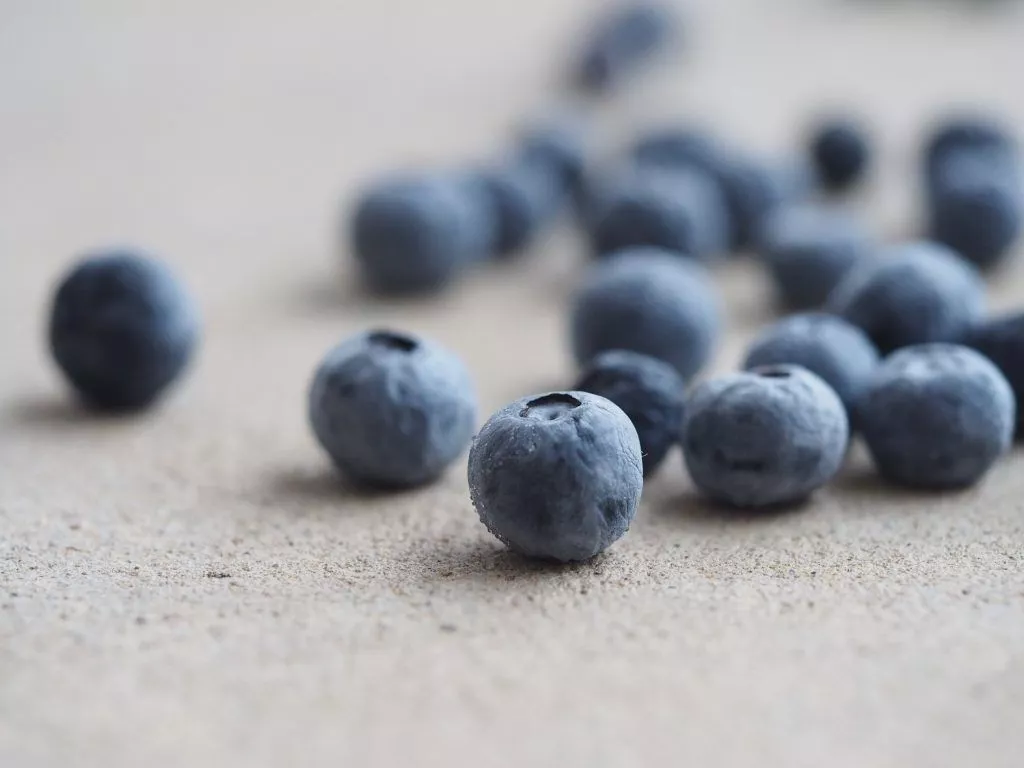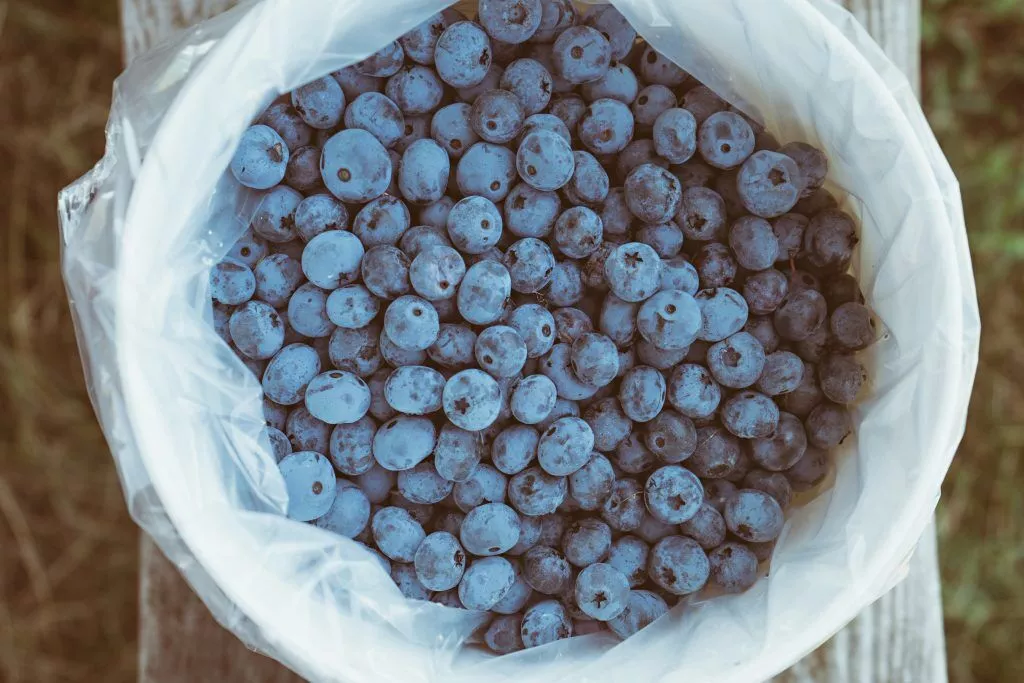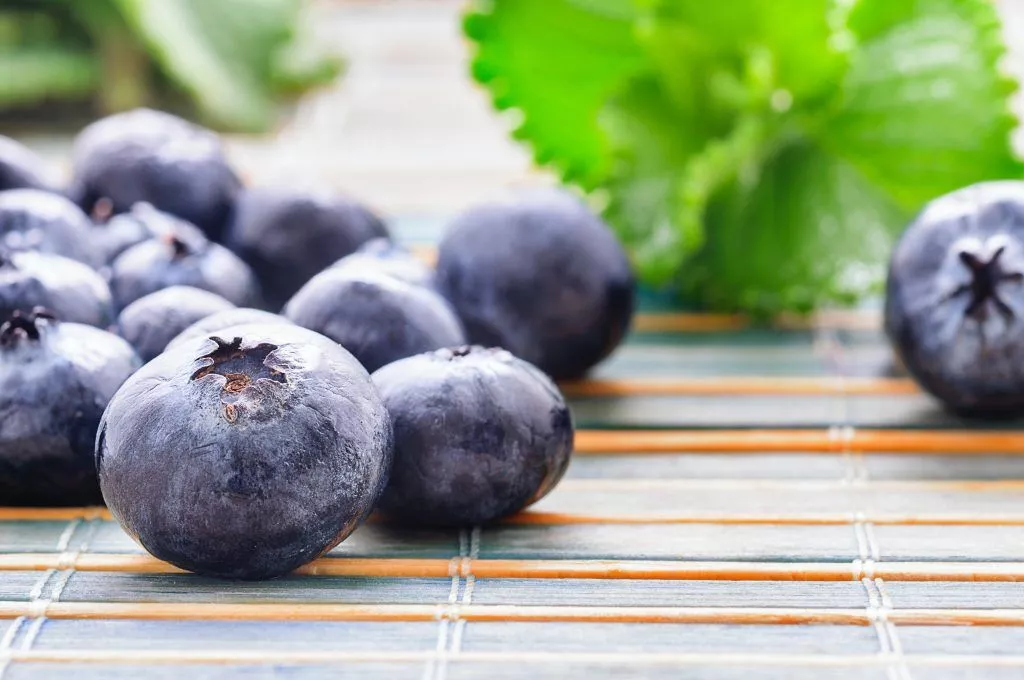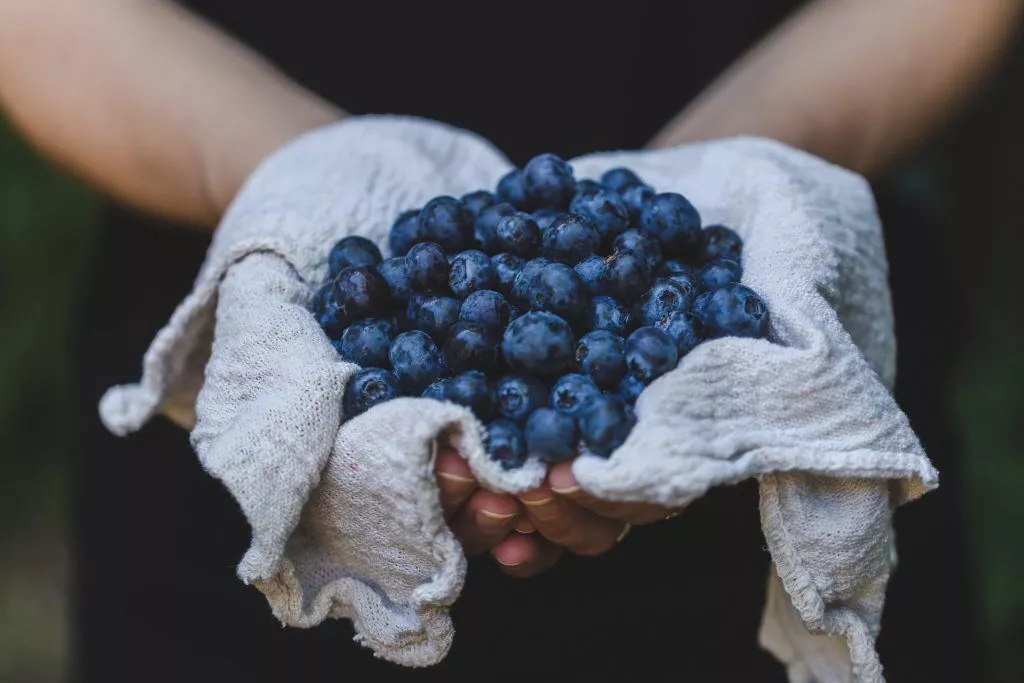Discover if “do blueberries have seeds” and dive into the fascinating world of these nutritious fruits. Learn about the anatomy of blueberries, their health benefits, versatile culinary uses, various blueberry varieties, and expert tips on growing your own blueberry bushes.
Table of Contents
ToggleIntroduction
Blueberries are small, sweet, and nutritious fruits that are loved by many. These vibrant berries are often consumed fresh, added to various dishes, or used as ingredients in jams, pies, and desserts. One intriguing question that often arises is, “Do blueberries have seeds?” In this article, we will delve into the anatomy of blueberries, explore their nutritional benefits, discuss different ways to incorporate them into your diet, touch upon various blueberry varieties, and even offer tips on how to grow your own blueberry bushes. So, let’s dive in and uncover the secrets of blueberries!
Blueberries Overview
What are Blueberries?
Blueberries are small, round berries that belong to the Vaccinium genus. They are native to North America and have become increasingly popular due to their delicious taste and health benefits. Blueberries come in different varieties, but they all share a rich blue-purple hue and a burst of flavor that ranges from sweet to slightly tangy.
The Anatomy of a Blueberry
Blueberry Structure
To understand whether blueberries have seeds, let’s take a closer look at their anatomy. A blueberry consists of three main parts: the outer skin, the fleshy pulp, and the tiny seeds contained within. The outer skin, or exocarp, is smooth and protects the inner parts of the berry. The fleshy pulp, or mesocarp, is where most of the berry’s flavor and nutrients reside. Finally, nestled within the pulp are the seeds, which are typically small, soft, and hardly noticeable when consumed.
Do Blueberries Have Seeds?
Yes, blueberries do have seeds, but they are incredibly small and often go unnoticed when eating the fruit. The seeds are located within the fleshy pulp, and their size is comparable to that of a grain of sand. Unlike larger seeds found in fruits like apples or oranges, blueberry seeds are not bothersome or obstructive when consuming the berries. In fact, the seeds are entirely safe to eat and do not detract from the overall enjoyment of blueberries.
Benefits of Eating Blueberries
Nutritional Value of Blueberries
Blueberries are a nutritional powerhouse packed with vitamins, minerals, and antioxidants. They are low in calories and high in fiber, making them an excellent choice for those looking to maintain a healthy weight and support digestive health. Blueberries are rich in vitamin C, vitamin K, and manganese, which are essential for various bodily functions. Additionally, they contain antioxidants such as anthocyanins, which contribute to their vibrant color and offer numerous health benefits.
Health Benefits of Blueberries
Regular consumption of blueberries has been associated with several health benefits. The antioxidants found in blueberries help combat oxidative stress and protect the body against inflammation, which is linked to various chronic diseases. Studies suggest that blueberries may improve brain function, support heart health, and aid in reducing the risk of certain cancers. Furthermore, blueberries have been shown to enhance insulin sensitivity, making them a suitable choice for individuals managing their blood sugar levels.
How to Use Blueberries
Cooking with Blueberries
Blueberries are incredibly versatile and can be used in a wide range of culinary creations. They can be enjoyed fresh as a snack or incorporated into both sweet and savory dishes. Add them to your morning oatmeal, cereal, or yogurt for a burst of flavor and added nutrients. Blueberries can also be used in baking, such as muffins, pancakes, and pies, lending their natural sweetness to these treats. For a refreshing twist, blend them into smoothies or use them as a topping for ice cream and desserts.
Incorporating Blueberries into Your Diet
If you’re looking to include more blueberries in your diet, there are numerous ways to do so. Consider adding them to your salads, where their tartness complements the greens and other ingredients. Blueberries can also be used as a flavorful addition to sauces and dressings, giving a unique twist to your culinary creations. Experiment with blueberries in salsas or chutneys to pair with grilled meats or as a topping for roasted vegetables. The possibilities are endless, and incorporating blueberries into your meals can elevate both the taste and nutritional value of your dishes.
Blueberry Varieties
Common Blueberry Varieties
There are several common varieties of blueberries, each with its own unique characteristics. Some popular ones include:
- Highbush Blueberries: These are the most common variety, known for their large size and sweet flavor. They are often found in grocery stores and farmer’s markets.
- Lowbush Blueberries: Also known as wild blueberries, these smaller berries have a more intense flavor. They are often used in baking and can be found in frozen form.
- Rabbiteye Blueberries: These blueberries are native to the southeastern United States and have a slightly tart flavor. They are known for their adaptability to different climates.
Unique Blueberry Varieties
In addition to the common varieties, there are also unique blueberry cultivars that offer a twist on the classic blueberry experience. Some examples include:
- Pink Blueberries: These blueberries have a distinctive pinkish hue and a sweet flavor. They add a visually appealing touch to dishes and are enjoyed for their unique taste.
- White Blueberries: White blueberries have a creamy color and a milder flavor compared to their blue counterparts. They provide a subtle sweetness and are often used in desserts and salads.
Growing Blueberries
Planting Blueberry Bushes
If you’re interested in growing your own blueberries, it’s important to choose the right variety and provide suitable growing conditions. Blueberry bushes thrive in acidic soil with a pH level between 4 and 5.5. They require full sun exposure for optimal growth, so select a sunny spot in your garden. When planting blueberries, ensure proper spacing between bushes to allow air circulation and prevent diseases. Consider companion planting with other acid-loving plants, such as azaleas or rhododendrons, to create a harmonious garden environment.
Blueberry Care and Maintenance
Blueberries require regular care and maintenance to thrive and produce a bountiful harvest. They need consistent watering, especially during dry periods, to keep the soil moist but not waterlogged. Mulching around the base of the plants helps retain moisture, suppress weeds, and regulate soil temperature. Pruning is essential to promote healthy growth and remove any dead or diseased branches. Additionally, blueberries may benefit from periodic fertilization with a balanced fertilizer formulated for acid-loving plants.
Conclusion
In conclusion, blueberries are delightful fruits that offer a range of health benefits, including their rich antioxidant content. Despite their small size, blueberries do have seeds, although they are barely noticeable and do not affect the overall enjoyment of the fruit. Whether consumed fresh, cooked, or incorporated into various dishes, blueberries add a burst of flavor and a nutritional boost to your meals. Additionally, growing your own blueberry bushes allows you to enjoy these delectable fruits right from your garden. So, embrace the goodness of blueberries and savor their sweet and tangy taste.
FAQs
- Are blueberry seeds harmful if swallowed?
- No, blueberry seeds are entirely safe to eat and do not pose any harm if swallowed.
- Can I grow blueberries in containers?
- Yes, blueberries can be successfully grown in containers, provided they have sufficient drainage and acidic soil.
- Do all blueberry varieties taste the same?
- No, different blueberry varieties have varying flavors, ranging from sweet to tart. It’s worth exploring different varieties to find your preferred taste.
- Are frozen blueberries as nutritious as fresh ones?
- Yes, frozen blueberries retain their nutritional value and can be a convenient alternative when fresh blueberries are not in season.
- Can I use blueberries in savory dishes?
- Absolutely! Blueberries can add a delightful burst of flavor to savory dishes, such as salads, salsas, and sauces.
- If I have any further questions or need assistance, how can I contact you?
- If you have any questions or need assistance, please feel free to reach out to our knowledgeable team. You can contact us through the provided contact form on our website. We are here to help!




